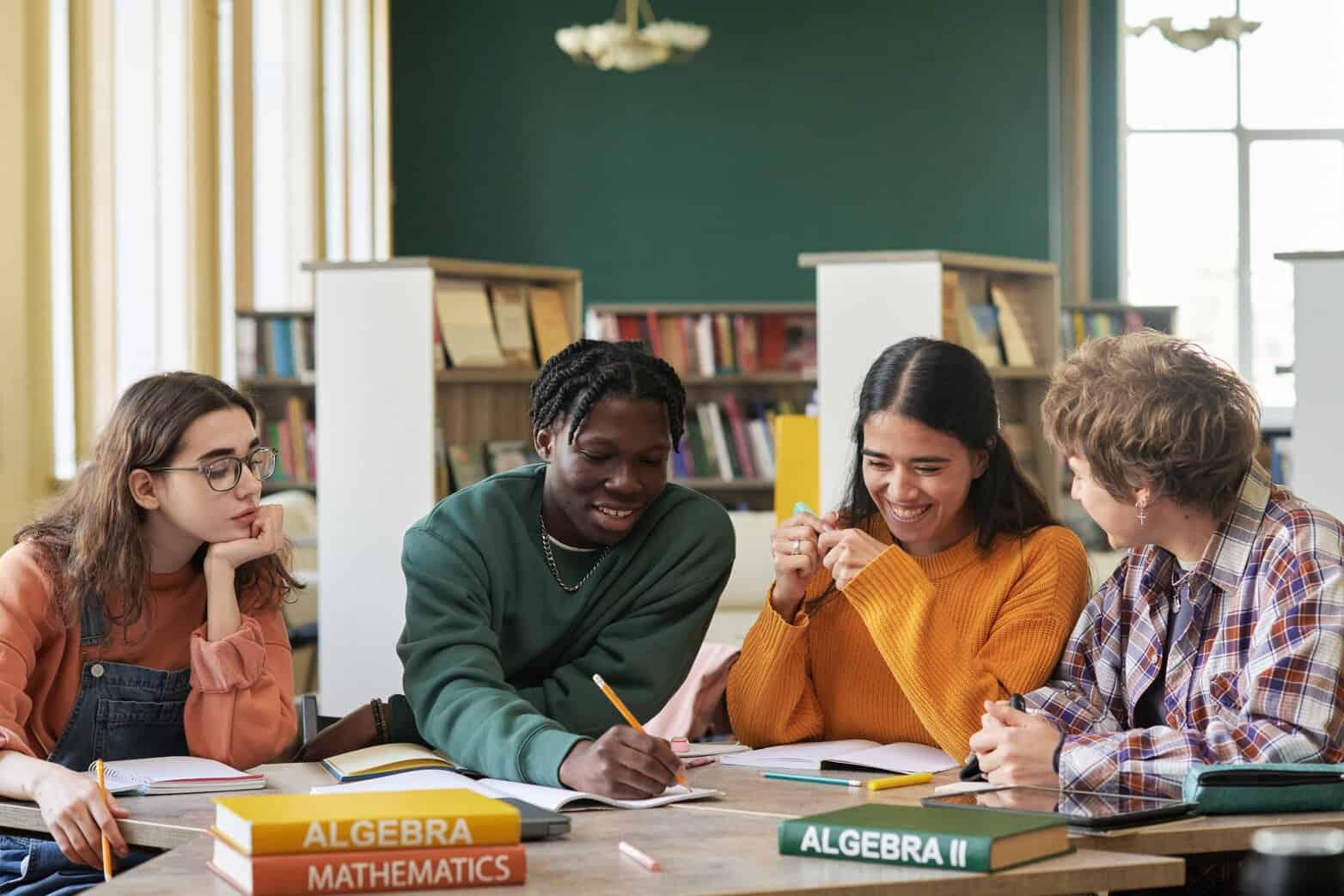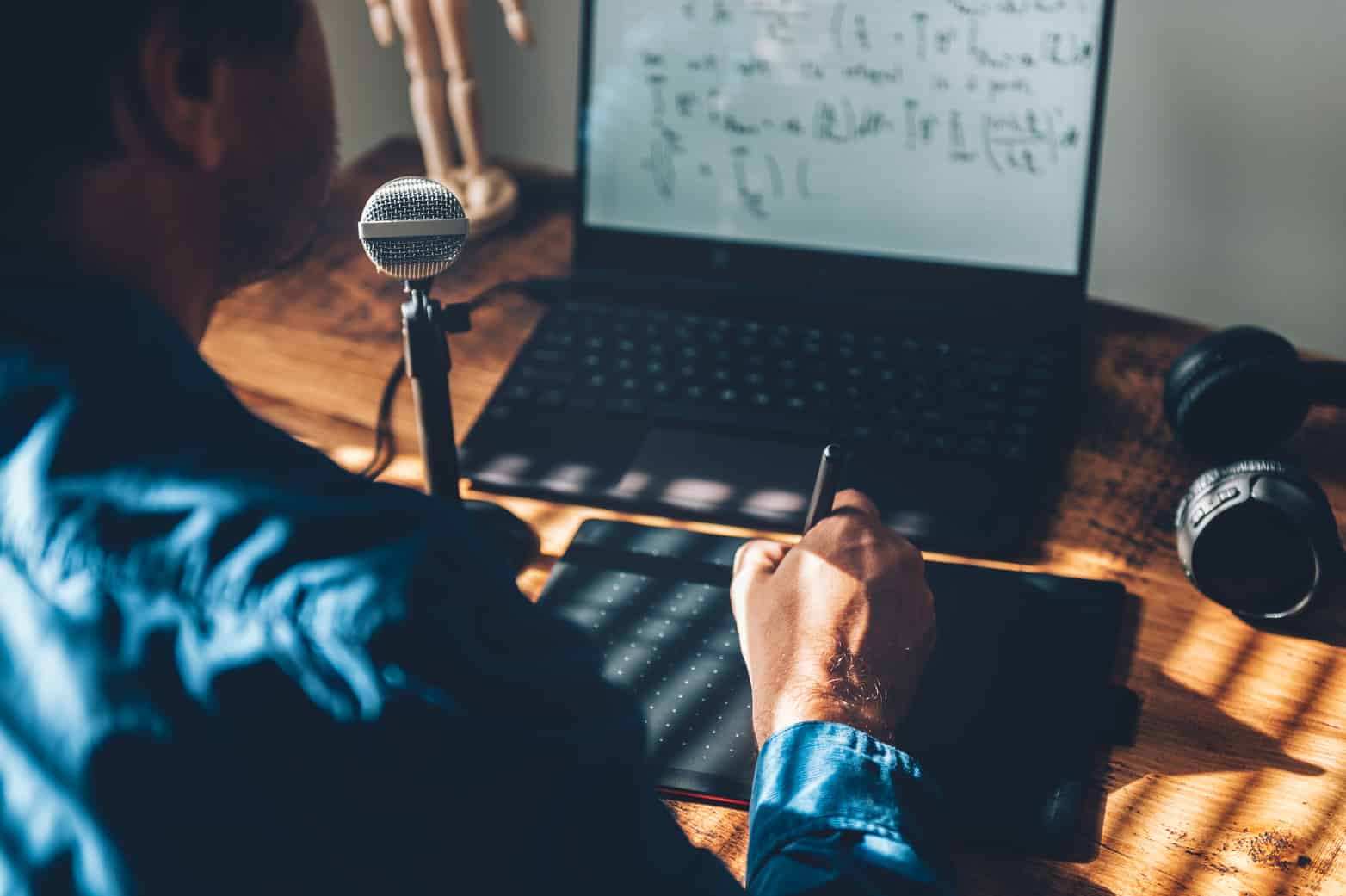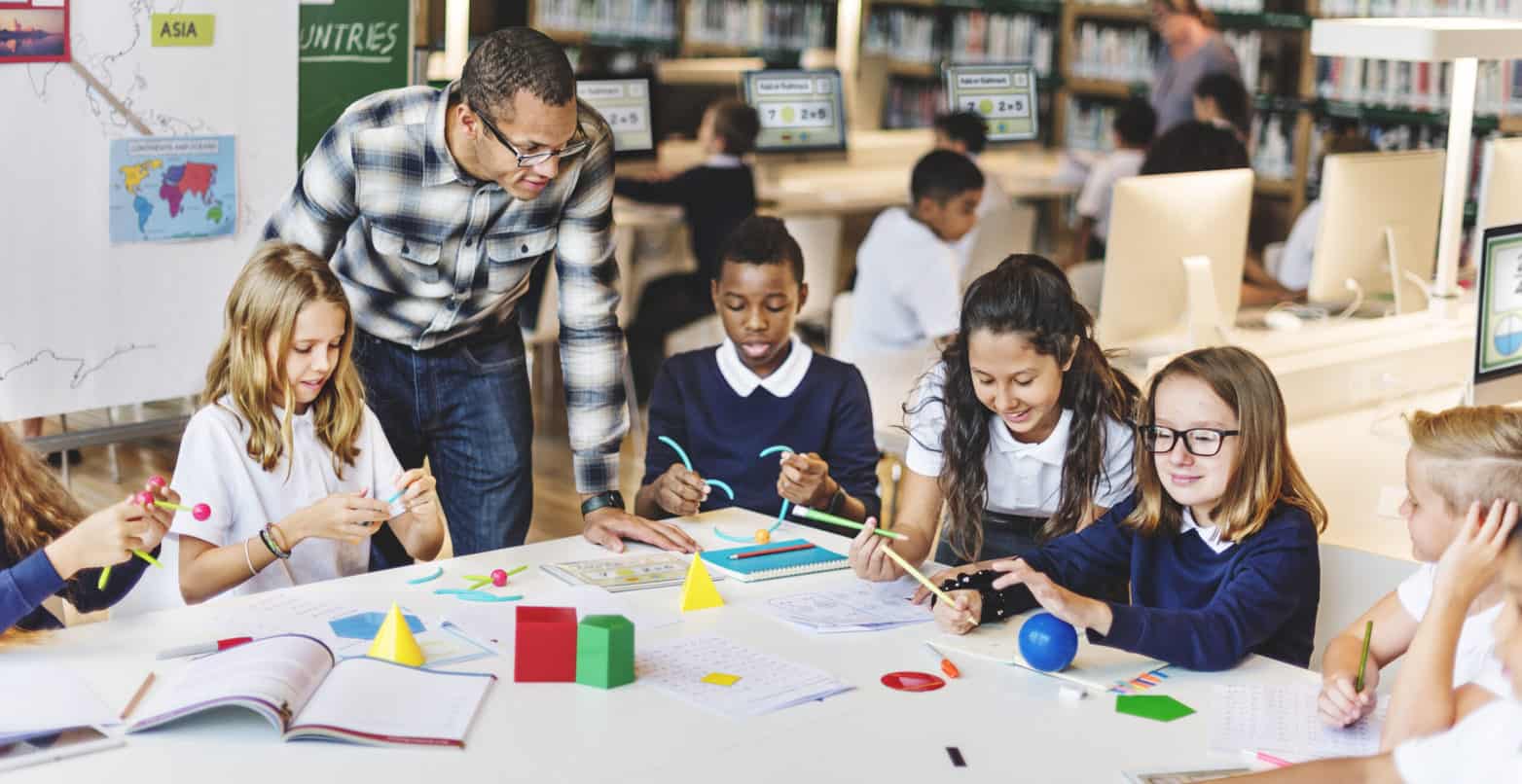As a school leader, I find myself cribbing Brené Brown’s wisdom quite frequently these days when leading weekly divisional meetings: “Give yourself grace,” I remind the faculty; or, “Give me a C+ effort, rather than an A.” The thing is no matter how many times I repeat these pithy aphorisms, the faculty won’t seem to compromise the high standards they set for themselves.
The trouble is that the novel and challenging circumstances of life during a pandemic have widened the distance between effort and outcome – the same effort will no longer produce the same results. By trying to straddle this growing divide, teachers are feeling heightened levels of fatigue, stress, and anxiety.
As it has proven Sisyphean to convince faculty members of the merits of a C+ effort, our goal as school leaders has to be to create the conditions wherein striving for an A is healthy and sustainable. One way to do this is by helping our faculties feel supported and efficacious when that divide between effort and outcomes results in their making a mistake.
Given the ubiquity and unavoidable nature of mistake-making right now, the issue is not whether mistakes will be made, but whether mistakes can serve as an instrument to enable learning, thus empowering rather than deterring the mistake-maker. To find what works, we need to encourage our teachers to experiment, reflect, and iterate. The trouble is that many teachers do not feel comfortable or confident engaging in the messiness of the experimentation process, which is why we want to help them develop the skills and competencies to recognize, react to, and repair their mistakes. This is easier said than done, as there’s no playbook to guide us through such a novel time in education; however, there are two concrete changes all school leaders can make to help facilitate this shift: be humorful and get curious.
- The role of humor: People have been conditioned to respond to their mistakes through a series of maladaptive coping mechanisms — ranging from blaming to justifying to ignoring — all of which we know inhibit learning from occurring. We also know that these responses are exacerbated when we, as school leaders, display aggravation, annoyance, or antipathy in the face of mistakes. As school leaders our goal has to be to help those around us switch their own dispositional response to mistakes, and one way to do this is by infusing our own responses with a little bit of humor. The research has found that humor can positively influence learning after a mistake: “Humor has a much more disarming, leveling, humbling, and most importantly, comforting effect than many might admit…a professional playfulness can relax tensions, and create a more collegial atmosphere for content exploration.” If handled properly, humorous moments can offer springboards for inquiry. School leaders set the tone for learning in the building, so when we approach mistake-making with a sense of humor, it can translate into those around us doing the same.
- The role of curiosity: The pace of change in education at the moment is unprecedented. New tools, technology, and techniques are being introduced and integrated into our practices like never before. As we try to engage both virtual and in-person learners and make our curriculum accessible across multiple platforms, we find ourselves in a ceaseless cycle of action, reflection, and iteration — a cycle that, while essential to meet the moment, is resulting in us making more mistakes than ever before. When mistakes are made, we should respond with curiosity. Rather than respond to mistakes with volatility or emotion, we should prioritize the “stability of curiosity.” The stable traits that curiosity is composed of compel us to work in partnership with, and support of, the mistake-maker to engage in the symbiotic process of reflection and repair. Instead of telling ourselves a story about why a mistake was made, we should get curious and inquire as to where good intentions went awry. Remember: when astronomers started discovering inconsistencies in Aristotelian theory, their understanding of the universe got a lot more confusing before it got clearer. When you redo your kitchen, things look a lot messier before they look nicer. In the messy work of mistake-making, it is curiosity that will lead to clarity.
At a time when there are no perfect answers, all we have is experimentation. And, with an increase in experimentation comes an increase in mistake-making. To lead others through both the real and perceived challenges of change, we will want to monitor, evaluate, and, as necessary, adjust our own emotionality around mistakes. By leading ourselves, we are better able to lead others.
What can you do to create a work culture where your faculty will leap gleefully into the learning pit, knowing that you’ll be there to greet them with the tools they need to climb out?
















